
Husband Suggests ADHD For 7 Years, Wife Decides Her Friend’s Comment Is Suddenly Life-Changing
Interview With ExpertLiving with a scatterbrained partner is like signing up for a lifetime scavenger hunt, especially when they refuse to accept they might be suffering from ADHD. Their knack for turning any flat surface into a cluttered masterpiece might feel endearing at first, but after a few years, it’s more of a daily endurance challenge.
Between the endless piles of “important stuff” and their ability to be late to their own plans, it’s a lot to handle. Just ask our Redditor – he has been dealing with his wife’s undiagnosed ADHD for 7 years and he’s finally had enough.
More info: Reddit
Marrying a scatterbrain might be cute at first, but no one warns you about the avalanche of “might need this later” piles and chronic tardiness
Image credits: Kaboompics.com / Pexels (not the actual photo)
One man suspects his wife has ADHD because of her chaotic behavior, tries to convince her to get diagnosed for 7 years, but she always refuses
Image credits: Timur Weber / Pexels (not the actual photo)
The woman’s issues only got worse after marriage, and she and her husband had to buy a larger house because of her need for more storage space
Image credits: Alex Green / Pexels (not the actual photo)
Despite the man trying to convince his wife for years to get diagnosed, she only began to take it seriously when one of her friends suggested the exact same thing
Image credits: SampleLongjumping208
Now that her ADHD diagnosis is confirmed, the man asked his wife for an apology for putting him through years of stress and refusing to get tested sooner, as he suggested
Our 32-year-old OP (that’s “original poster” for the uninitiated) and his scatterbrain wife have been married for 7 years. But, instead of living a fairytale, he has been buried under mountains of clutter while dodging emotional outbursts like a pro ninja.
According to the OP, his wife’s disorganization started as a quirky trait during their dating years. But once they got married, it escalated into a full-blown lifestyle, and they even had to buy a larger house because of it.
Two entire bedrooms swallowed whole by stuff became off-limits for our OP, and even his sacred office wasn’t safe. That’s when OP started to suspect that ADHD might be at play here. Logical, right? Well, yes, but every time he brought it up, his wife hit him with emotional meltdowns so epic, they deserved a standing ovation.
This went on for 7 years – the OP trying to convince his wife to get herself tested for ADHD and the wife pretending like she didn’t hear him. That is until one of her besties suggested the exact same thing. Suddenly, it was groundbreaking advice. If you’re rolling your eyes right now, I’m right there with you.
When his wife finally got diagnosed, she came home marveling about how much sense it all made. The OP, feeling a tiny bit validated, asked for an apology for the years of emotional labor he’d endured. You know, because living with a partner with ADHD can be challenging. But instead of gratitude, he got yelled at.
Image credits: Alex Green / Pexels (not the actual photo)
ADHD, or attention-deficit hyperactivity disorder, is one of the most common mental disorders that affects approximately 8.4% of children and 2.5% of adults. For the person experiencing it, ADHD can mean endless mental clutter, impulsivity, and a constant struggle to focus, even on tasks they care about. For partners? It can feel like a full-time job, keeping things afloat.
The thing is, untreated ADHD often comes with an emotional price tag—frustration, guilt, and tension. The good news? Getting a diagnosis can be life-changing. With the right tools—think therapy, medication, and routines—ADHD doesn’t have to be the uninvited guest wrecking your home, or your relationship.
To find out more about this topic, Bored Panda reached out to Dr. Amanda E. Ferguson, psychologist, author, and podcast host, for some comments. She told us that adults with ADHD often develop coping strategies to manage their symptoms, sometimes even choosing career paths that align with their challenges. For instance, someone might prefer a job that doesn’t require prolonged focus or mental strain, such as working in customer service, where tasks are often more varied and less mentally demanding.
We asked Dr. Ferguson what the potential consequences are of living with undiagnosed and untreated ADHD. She explained that living with untreated ADHD can negatively impact various aspects of life, including mental health, relationships, and work performance. Individuals may struggle with self-esteem, productivity, and even confidence.
We wanted to know how living with someone with ADHD affects the partner who is not suffering from it. Dr. Ferguson explained, “Without a diagnosis or correct medication, it can be deeply frustrating, disappointing, and confusing. It can push the partner away, cause them to become parental, which kills respect, trust and passion.”
She also mentioned that once the person with ADHD understands their condition and begins treatment, such as medication, both individuals may experience significant improvement in their relationship and overall quality of life.
We also asked how someone can encourage their loved ones to seek a diagnosis for ADHD without triggering defensiveness. Dr. Ferguson suggests approaching the conversation with empathy by saying things like, “Would you do this for me or for the family?” Express concern for their well-being and emphasize the desire to improve their quality of life.
Once the OP’s wife finally got her official ADHD diagnosis, she had an aha moment—you know, the kind where everything suddenly makes sense. But the OP, still nursing seven years of exhaustion, asked for a tiny bit of acknowledgment. You’d think he was asking for a kidney. Instead of, “Thanks for putting up with me,” he got a full-blown yelling session. Makes total sense, right?
Well, not really. All our guy was trying to do was make life easier for both his wife and himself. Talk about emotional labor—you know, that invisible, unpaid work that often keeps relationships functioning. For the OP, this meant managing his wife’s mess-induced stress, walking on eggshells during meltdowns, and repeatedly bringing up ADHD as a possibility.
Emotional labor doesn’t get nearly enough credit, but it’s exhausting. When one partner consistently carries the mental and emotional load, it can lead to burnout and resentment. Pro tip for couples: Talk it out, appreciate each other’s efforts, and maybe share the load. Life’s hard enough without one person feeling like the default parent in the relationship.
So, was the OP asking for an apology unreasonable? You tell us. The comment section below is open for business.
People in the comments side with the man, saying he is not a jerk for demanding an apology, as his wife should have listened to him all those years
Poll Question
Thanks! Check out the results:
OP is certainly not the AH, but I would have waited to ask for an apology until later than immediately following the diagnosis. Wait a bit until treatment kicks in, she is able to wrap her head around the situation, and is more likely to have a measured response. Saying basically "I told you so, now apologise to me" so quickly was not the best way to go about it.
Yeah, I was going to say this too. It's normal he wants his struggles validated but he'd have had a better chance of getting it if he'd waited a bit. Perhaps asked for a session with the both of them and the therapist. It's not easy to confront these things... Not saying the wife's reactions are OK, this is just about being pragmatic.
Load More Replies...I don't blame her for not initially accepting his suggestion. The autistic person who wrote about this I think was spot on. HOWEVER, the wife was absolutely TA for how she treated him about it up to threatening divorce, and then not recognizing or apologizing when he brought it up later.
Person with cataclysmic ADHD here; I’d behead anyone trying to make me apologize for the symptoms of my undiagnosed ADHD - but he suggested looking into it. Repeatedly. She wouldn’t even entertain the idea and villinized him for trying to help her. Should she apologize for that? Oh yes. Oh hell yes, she should. And the symptoms of ADHD that affected him negatively AFTER he suggested looking into a diagnosis should actually be apologized for as well, to an extent, because she put him (and herself) through that for no reason other than her own bυllshit, ableist prejudice. She should apologize for being a goddamned ableist too. So there should be apologies, man, should there ever.
Load More Replies...The ADHD is a distraction from the main problem. The shrieking reaction says that she's taking you for granted and doesn't respect you. If a woman were to describe her husband reacting like this, people would pile on, telling her that he's being abusive.
OP is certainly not the AH, but I would have waited to ask for an apology until later than immediately following the diagnosis. Wait a bit until treatment kicks in, she is able to wrap her head around the situation, and is more likely to have a measured response. Saying basically "I told you so, now apologise to me" so quickly was not the best way to go about it.
Yeah, I was going to say this too. It's normal he wants his struggles validated but he'd have had a better chance of getting it if he'd waited a bit. Perhaps asked for a session with the both of them and the therapist. It's not easy to confront these things... Not saying the wife's reactions are OK, this is just about being pragmatic.
Load More Replies...I don't blame her for not initially accepting his suggestion. The autistic person who wrote about this I think was spot on. HOWEVER, the wife was absolutely TA for how she treated him about it up to threatening divorce, and then not recognizing or apologizing when he brought it up later.
Person with cataclysmic ADHD here; I’d behead anyone trying to make me apologize for the symptoms of my undiagnosed ADHD - but he suggested looking into it. Repeatedly. She wouldn’t even entertain the idea and villinized him for trying to help her. Should she apologize for that? Oh yes. Oh hell yes, she should. And the symptoms of ADHD that affected him negatively AFTER he suggested looking into a diagnosis should actually be apologized for as well, to an extent, because she put him (and herself) through that for no reason other than her own bυllshit, ableist prejudice. She should apologize for being a goddamned ableist too. So there should be apologies, man, should there ever.
Load More Replies...The ADHD is a distraction from the main problem. The shrieking reaction says that she's taking you for granted and doesn't respect you. If a woman were to describe her husband reacting like this, people would pile on, telling her that he's being abusive.

 Dark Mode
Dark Mode 

 No fees, cancel anytime
No fees, cancel anytime 




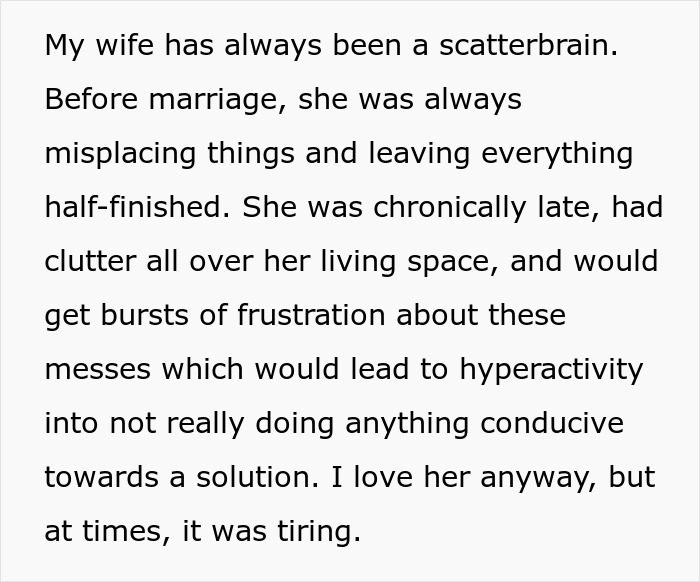

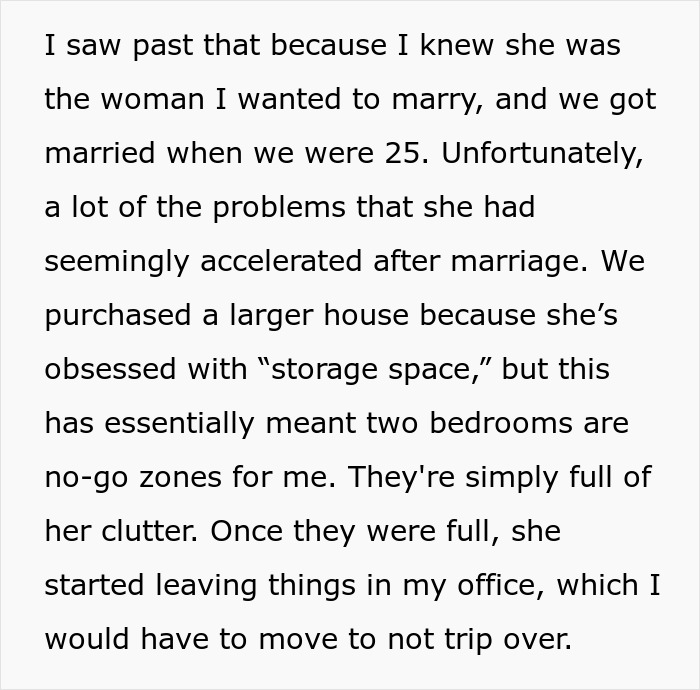
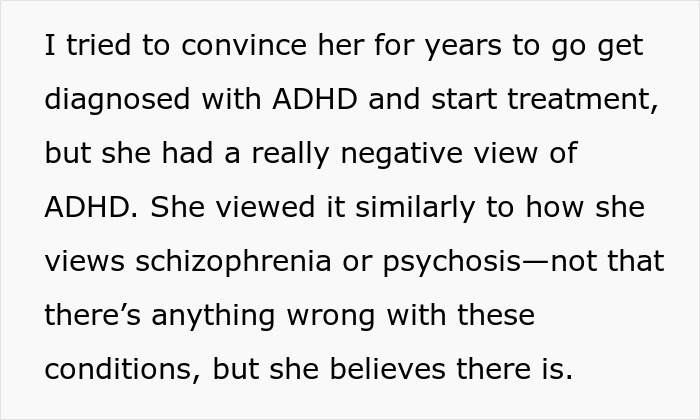
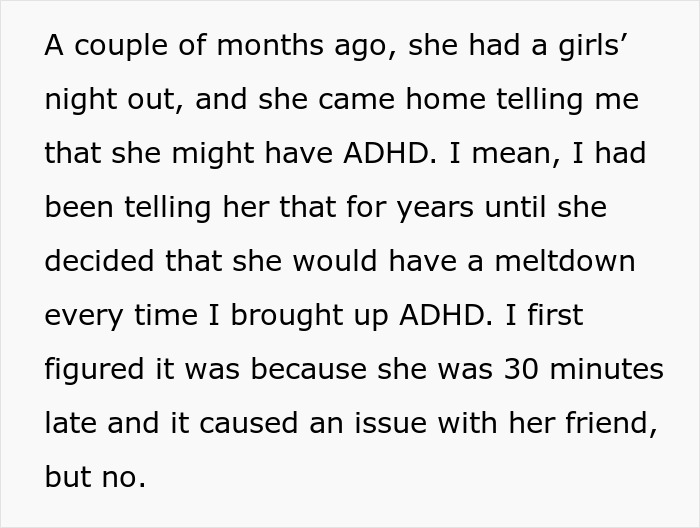

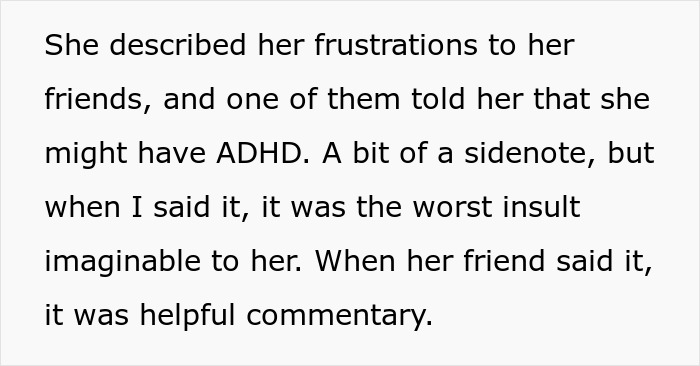
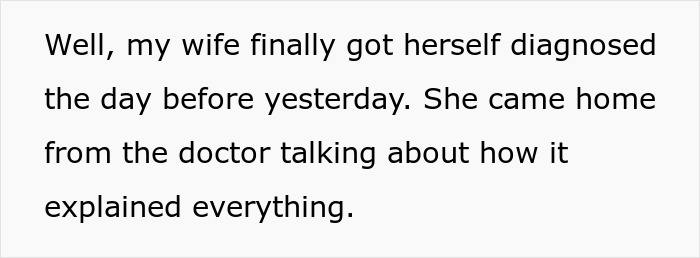
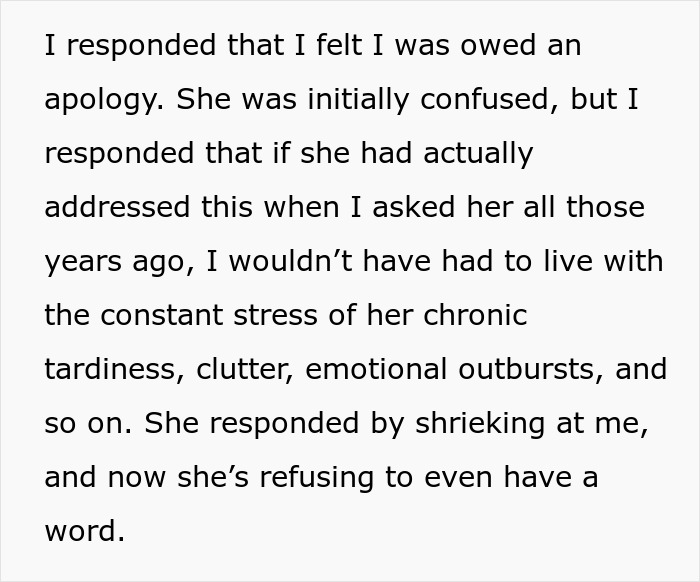


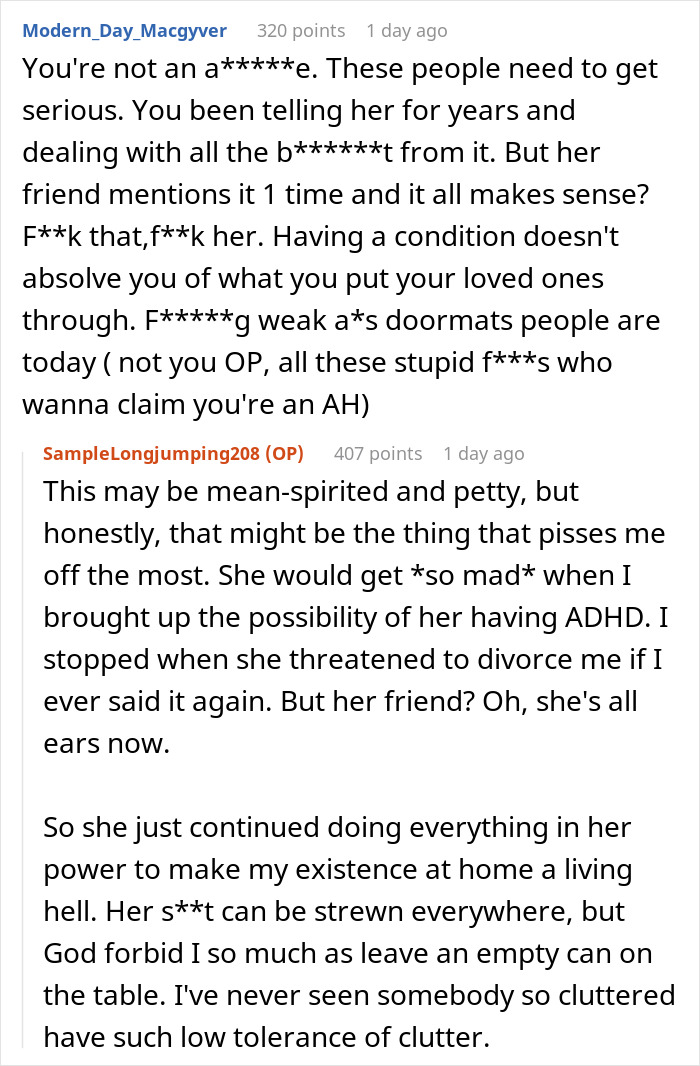



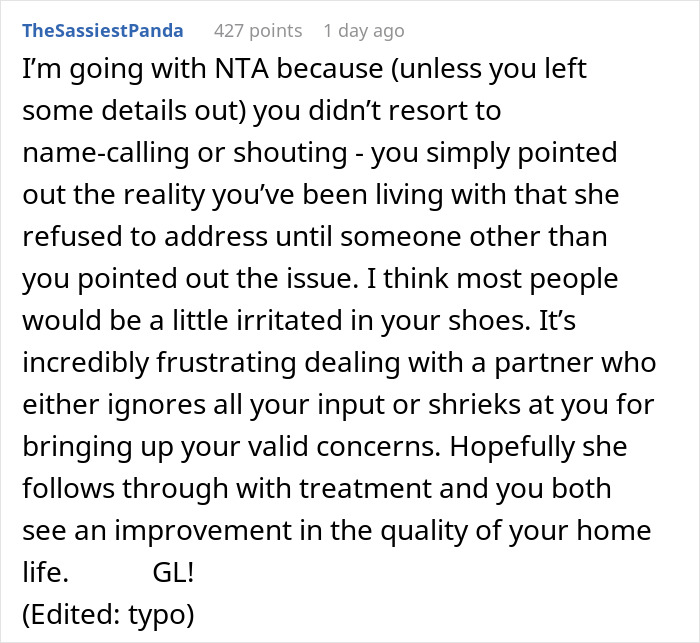
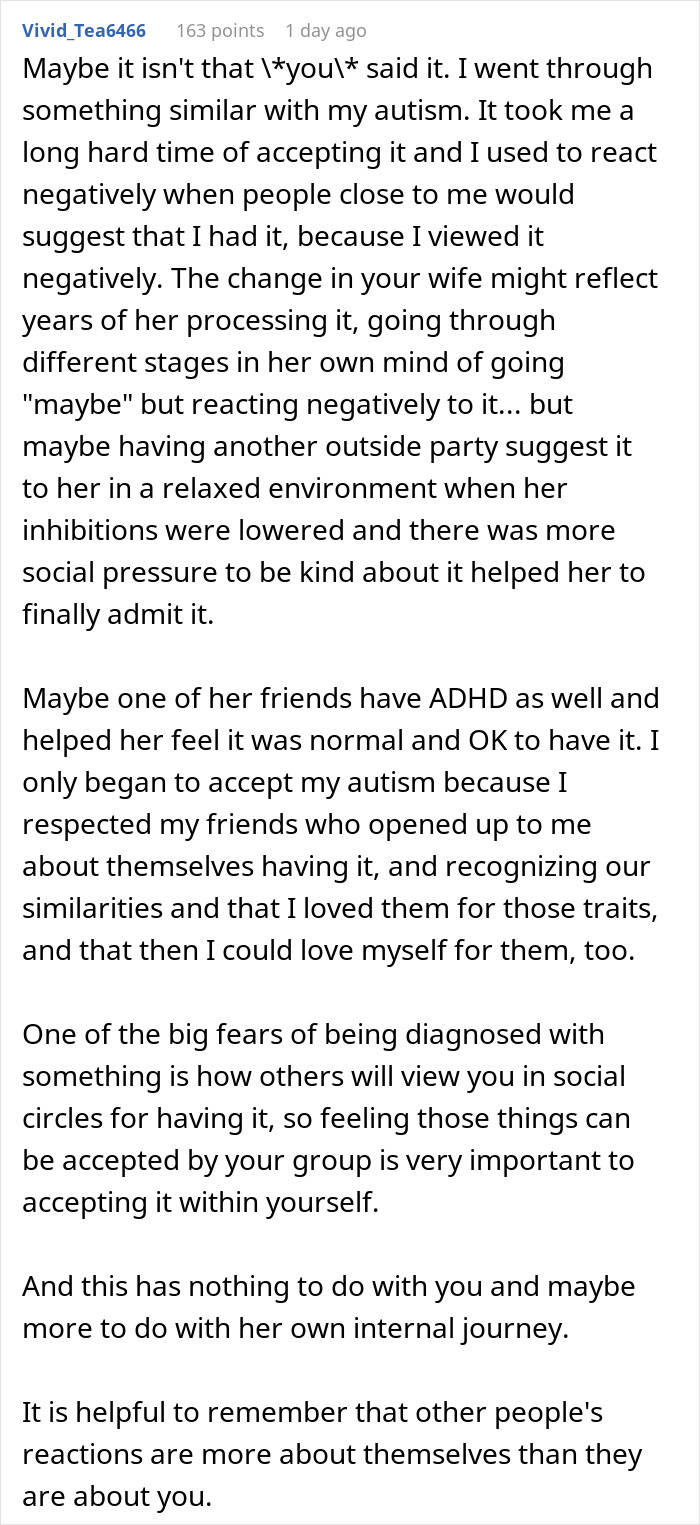



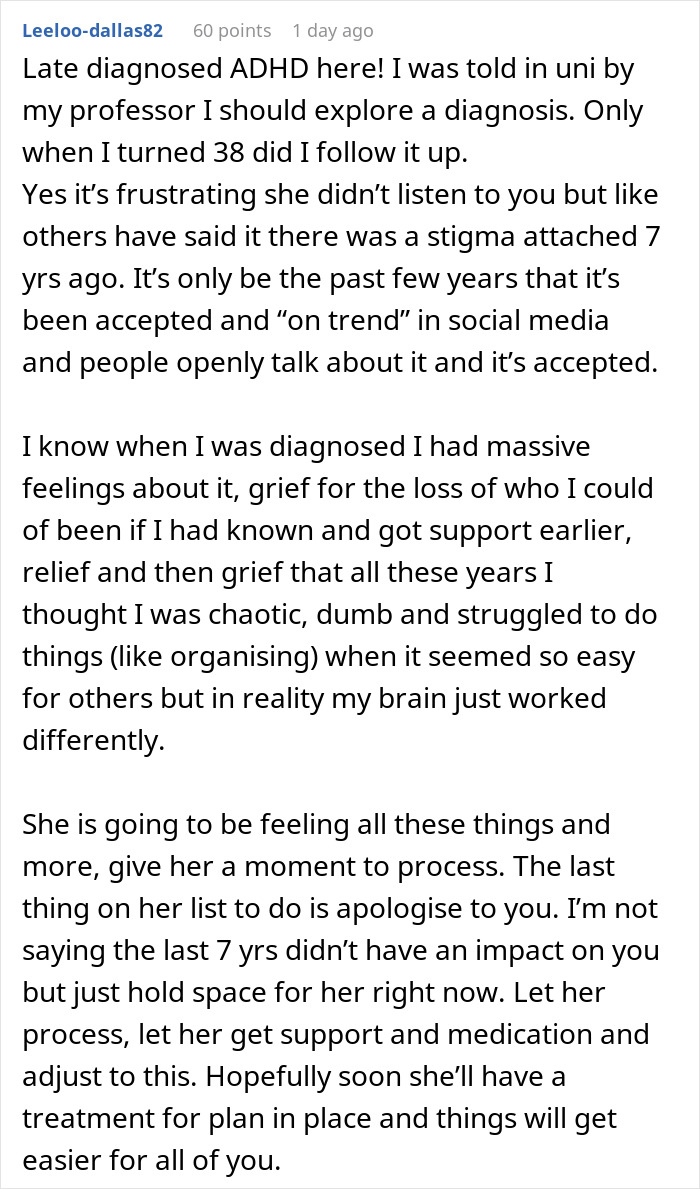







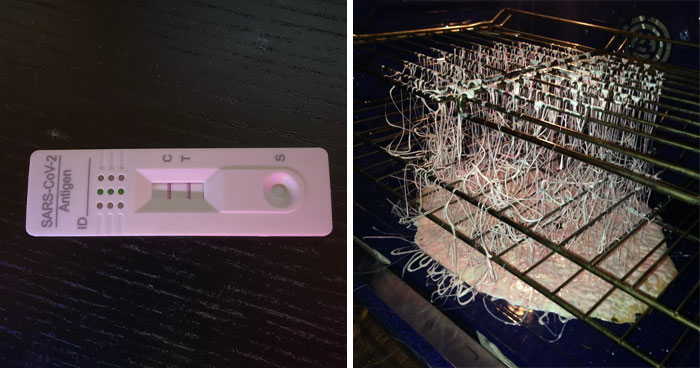


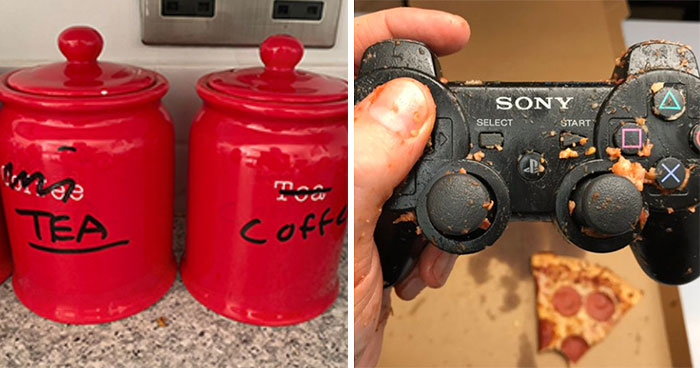




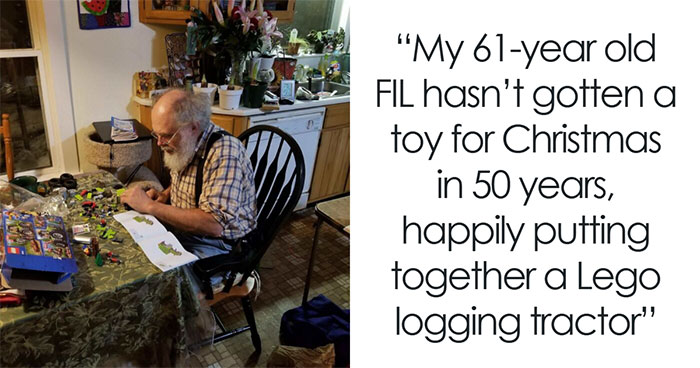











25
37